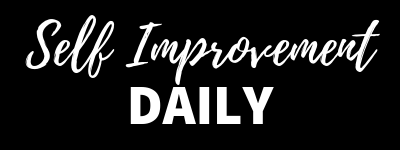
As we know, stress and anxiety release stress hormones, or cortisol, into our blood stream. And too much of cortisol in our body, for too long a time, not only causes us to exhibit symptoms of stress, like stress headaches, but is also one of the reasons that links stress and depression.
How to deal with stress? Following preventive stress reducer tips, by controlling how we react to life situations, is one of the best ways to deal with stress on a long term basis. But in spite of our best efforts, time and again, we do run into stress – and that’s a fact of life.
Under those circumstances, following a few stress relaxation techniques can help us counter the negative effects these stress hormones have on our body. Physical exercise is one such sure-fire technique, guaranteed to reduce our stress levels.
HOW DOES EXERCISE RELIEVE STRESS?
Exercise relieves stress – so how does it do it? You may have guessed it – the simple answer is, exercise releases counter hormones that do a great job in containing the negative effects of the stress hormones in our system.
These hormones, produced typically after about 20 minutes of a good work out, can act as temporary pain relievers, promote a feel-good sensation, and help improve our focus in whatever we subsequently do.
Additionally, exercise relaxes the muscles that get contracted when we are stressed, that further aids in stress relief. Even as little as 5 to 10 minutes of exercise is better than no exercise at all.
WHAT KIND OF EXERCISE RELIEVES STRESS?
Brisk walking is the easiest, and no less effective, than any other form of exercise that relieves stress. Walk for at least 30 minutes a day, 3 or 4 times a week.Which other exercise relieves stress?
Other stress relief exercises are Yoga, Tai Chi, Aerobics and PMR exercises. Always seek professional advice if you are starting any rough physical routine.
WHAT ARE THE OTHER BENEFITS OF EXERCISE?
The most obvious benefits of exercise are how it maintains our physical fitness, and enhances our health – most importantly, our heart health.
Other not so noticeable, but no less significant benefits include ..
- Exercise not only strengthens our body externally, but also does that internally. In other words, it improves our immune systems, making us less susceptible to seasonal infections, and helps us recover from such illness or injury much quicker.
- Exercise improves our mental health and brain health, by increasing blood circulation in our brain. It is a great way for improving memory.
- Exercise aids us in better sleep, the many benefits of which are no secret.
- And last but not the least, exercise is a great way to vent out our daily frustrations. Many times it is not in our best interests to express our anger at others, nor is it the best option to repress it inside ourselves. Exercise offers a viable, more agreeable and healthful third alternative.


